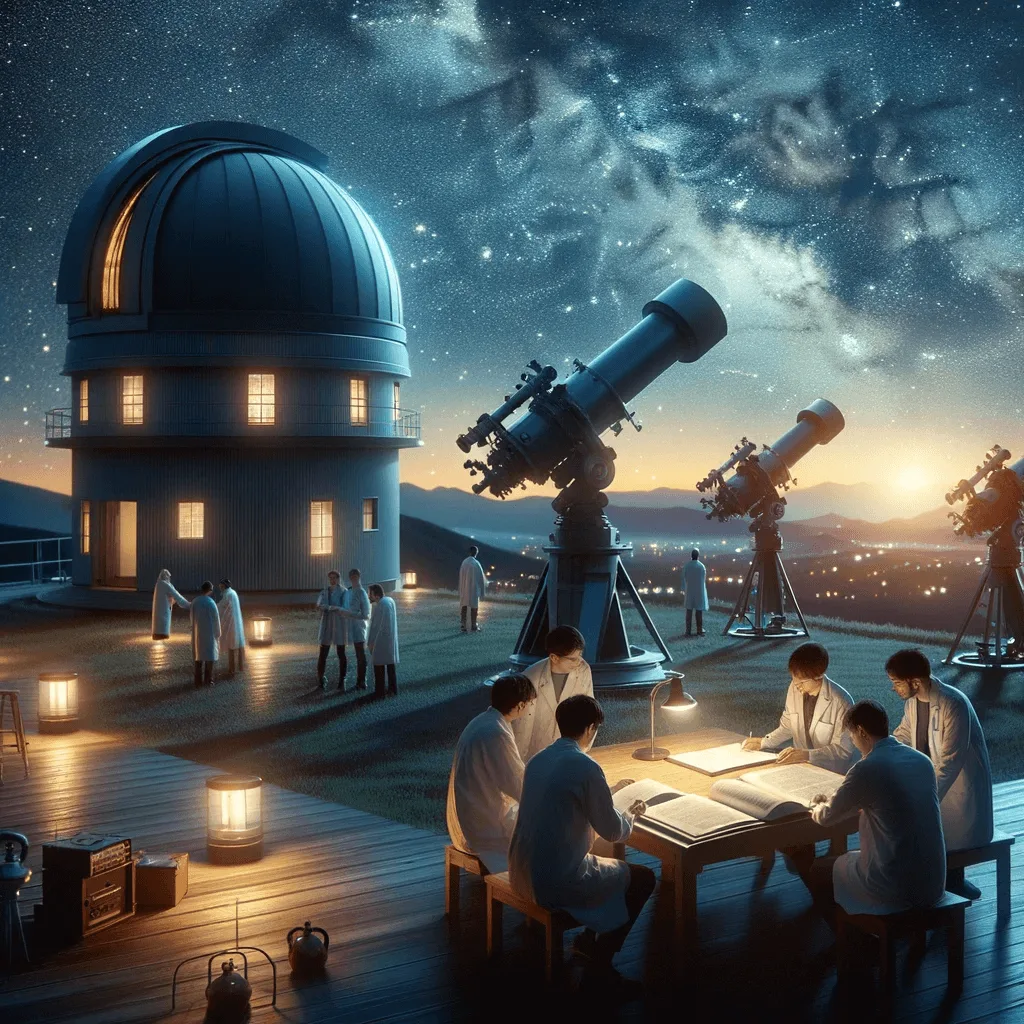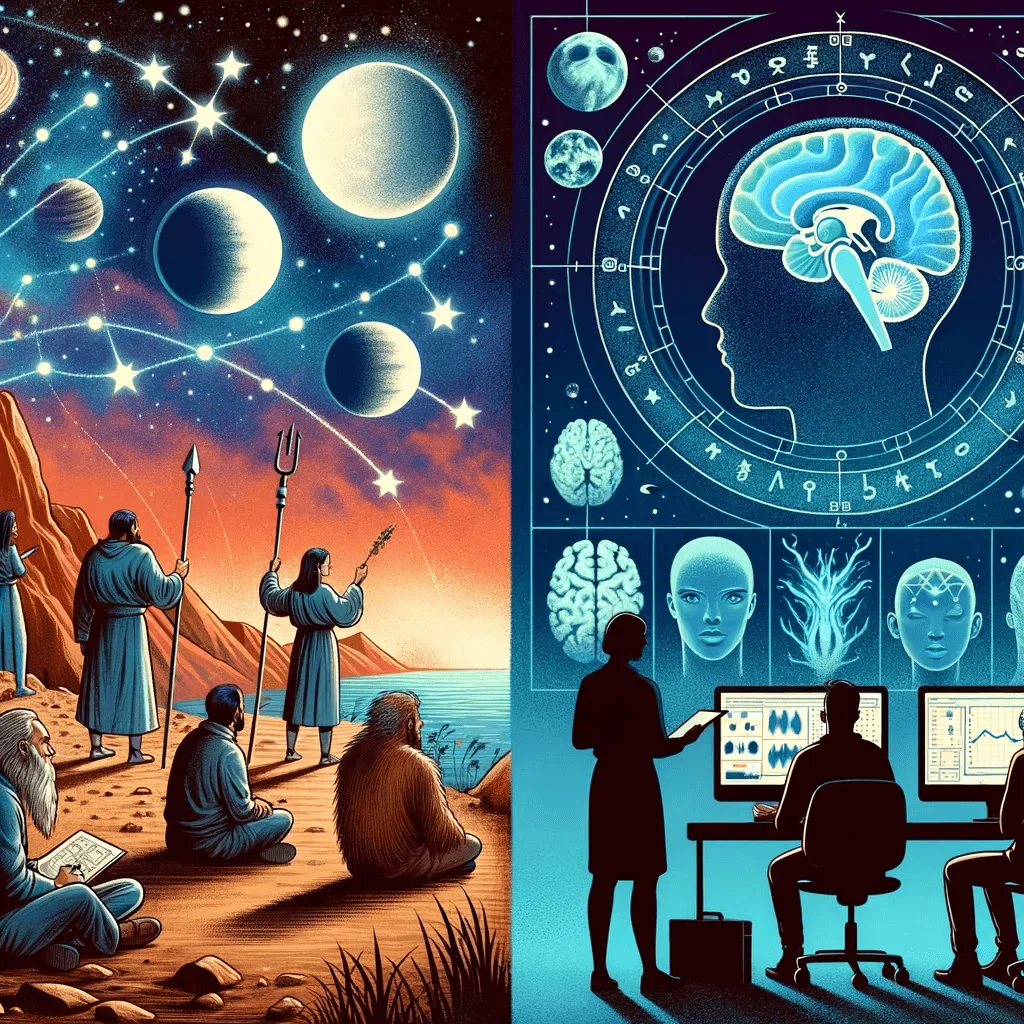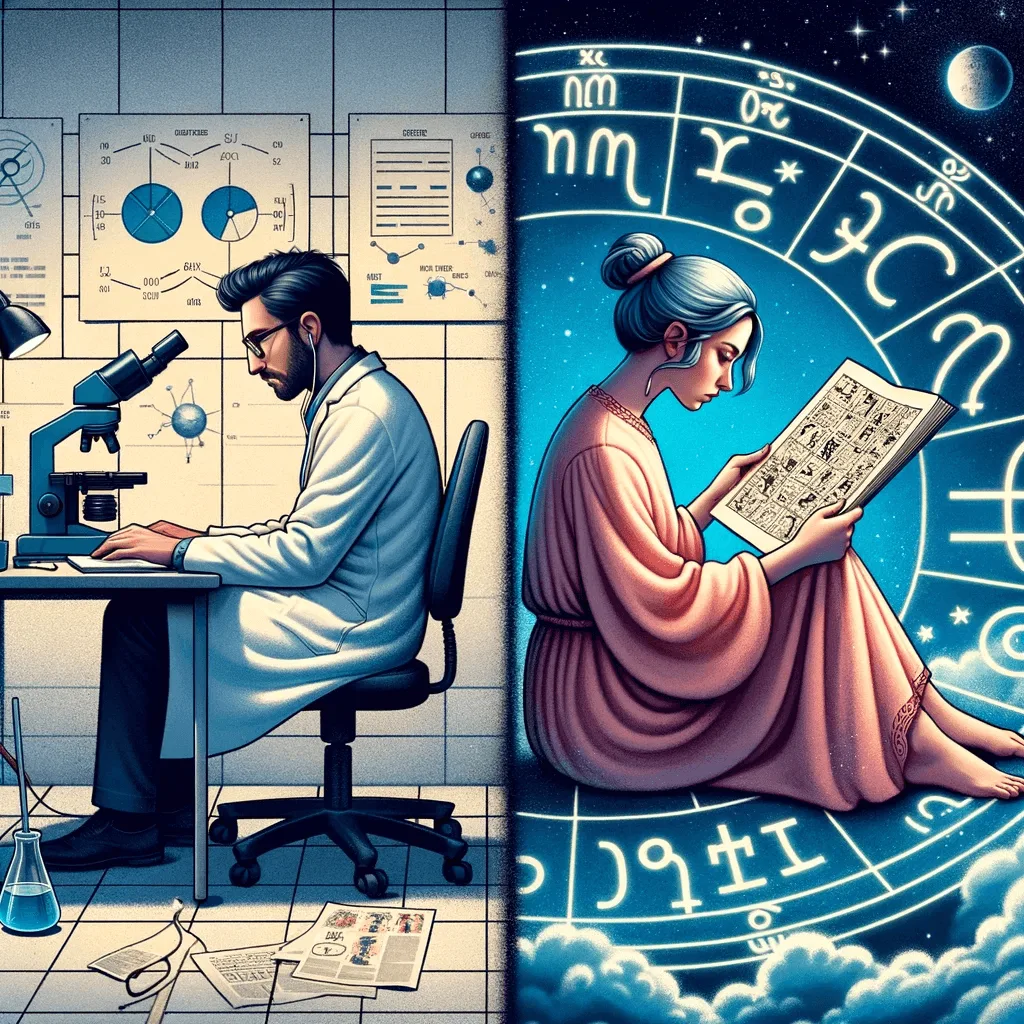
Astropsychology: A Scientific Examination
Astropsychology, at its core, is an interdisciplinary field that aims to investigate potential correlations between astrological phenomena and psychological patterns in individuals.
article by Priya Deshmukh
Historical Context & Modern Relevance
Historically, many ancient cultures posited a connection between celestial bodies and human affairs. This connection has evolved into the study of astrology. However, contemporary psychology, as a scientific discipline, typically refrains from associating with astrological beliefs. Astropsychology, as a newer field, attempts to bridge this divide by integrating empirical research methods to assess these ancient claims.

The Role Of The Natal Chart
Central to this inquiry is the natal chart, an astrological diagram representing the position of celestial bodies at the exact time of an individual's birth. The hypothesis in astropsychology is that specific planetary alignments in this chart might correspond to observable psychological tendencies. For research purposes, these charts offer a consistent variable to correlate against psychological metrics.
Planetary Influence: An Empirical Analysis
For instance, empirical studies in astropsychology may seek to ascertain if individuals with Mars in a particular position in their natal charts consistently exhibit heightened levels of assertiveness or aggression. Similarly, does the position of Venus provide any statistical relevance to an individual's interpersonal relationships or aesthetic preferences? The challenge lies in the controlled measurement of these traits and ensuring that other variables do not confound the results.

Controversies & Criticisms
The main critique of astropsychology is the lack of robust empirical evidence supporting its claims. Many scientists argue that it's challenging to control for the numerous variables that influence human behavior, making any observed correlations with astrological data potentially coincidental. Additionally, cognitive biases like confirmation bias, where individuals may perceive patterns that align with their beliefs, can further complicate the analysis.
Avenues For Future Research
Despite its criticisms, the field of astropsychology presents intriguing possibilities for future research. While current evidence might not definitively support the direct influence of celestial bodies on individual psychology, the methodologies developed in this interdisciplinary study could pave the way for more rigorous experiments in the future.

Astropsychology, while rooted in ancient beliefs, is attempting to carve a niche within scientific discourse. The onus is on researchers in the field to design and conduct studies that can withstand rigorous scientific scrutiny. Only through such endeavors can we conclusively determine the validity of astropsychological claims.
Published: 10/30/2023
Modified: 10/30/2023
More predictions
Come back here soon to learn more about yourself and your future


Astrology’s Insight Into Discovering Your Soulmate
In the boundless realms of stars and planets, astrology meticulously crafts a pathway that ostensibly guides individuals toward understanding their ideal companions – the enigmatic soulmates. As we meander through life, the quest for that one person who harmonizes with our essence becomes pivotal.


The World Of Mixed Zodiac Signs
The twelve zodiac signs, each harboring a unique essence and energetic imprint, have traditionally been isolated entities, guiding our journey from their distinct celestial thrones. But in the evolving sphere of astrological exploration, a curious question emerges: Can zodiac signs be mixed, and if so, what does this celestial blend signify for our astral identities and destinies?


How Astrology Affects Your Life
Amidst the grandeur of the cosmos, under the watchful eyes of celestial entities, humans have, since time immemorial, pondered upon a mystifying question: How does astrology affect our lives?